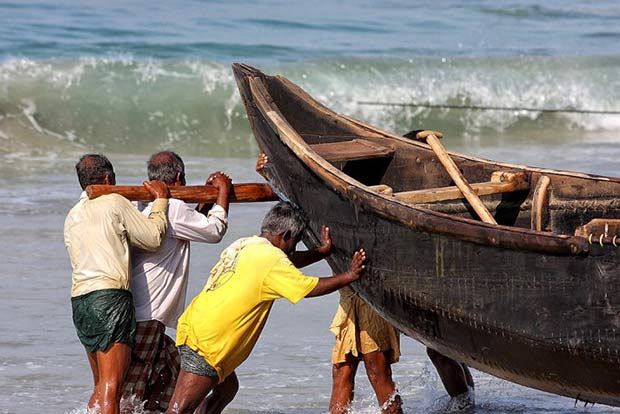Joaquim Magalhães de Castro
It is not easy to imagine today what João de Brito’s daily life was like; visiting the Tamil country we can see the same people and the same landscape, as well as many of the monuments he observed; moving around the region we can feel the omnipresence of Hinduism, as João certainly felt it; we also note the continuation of the slow Muslim infiltration, which began precisely at the end of the 17th century.
But the country changed: the means of communication developed and the permanent state of war disappeared; Christianity led by the missionaries did not overcome the local religion, but tolerance promoted new habits and new types of coexistence. It is therefore almost impossible to recreate all the antagonism that surrounded John’s evangelizing activity.
Let’s start our analysis with this aspect: the antagonisms that João faced and that began long before starting his missionary action in Madurai. Indeed, we note that João de Brito was always, in a way, against the world: while he was in Portuguese territories he had to overcome all attempts to distance him from his missionary vocation; during his apostolate in southern India he faced to the death those who were bothered by his activity. This permanent contradiction in the face of the interests of so many different people leads us to affirm that his action is only logical in light of the radical acceptance of the Gospel, a relatively rare case even among missionaries. In fact, even extraordinary men like Manuel da Nóbrega or Alexandre Valignano, who were deeply committed to the propagation of the Gospel, did not fail to contribute to the growth of the Empire side by side with the Faith.
It seems to us, therefore, that we can only understand João de Brito taking into account the Christian perspective that the Father’s Kingdom is not of this world. John’s actions stemmed from an infinite love for his neighbor that he wanted to spread among populations that did not know Jesus Christ. João’s daily life was therefore based on the Gospel; it was there that he found the strength to Christianize and to bear patiently (we can even say lovingly) all the obstacles he faced and all the sacrifices he went through. This man was happy because he believed that his activity led to the salvation of many of his brothers and that in this way he fully fulfilled the mission to which God had destined him. Living in the world, João lived for values that are not confined to our earthly existence.


 Follow
Follow


